Coldcard MK4 vs Ledger Nano X
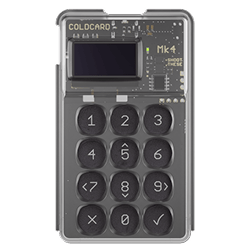

Key differences
- Coldcard MK4 is Bitcoin-only and built for extreme security with dual secure elements and air-gapped operation; Ledger Nano X supports 5,500+ coins with Bluetooth convenience.
- Ledger Nano X is slightly more affordable at $149 vs Coldcard's $167.94, and easier for beginners due to its companion app Ledger Live.
- Coldcard offers physical keypad entry and microSD air-gap transfers, while Ledger relies on computer or Bluetooth-based input—making Coldcard better for users prioritizing offline isolation.
Jump to section
Price

$167.94 USD

$149 USD
Launch

2022

2019
Screen Size

128x64 pixel OLED display

1.09" Monochrome OLED display
Box Includes

- COLDCARD™ Mk4

- Nano X hardware wallet
- USB-C to USB-A cable
- getting started leaflet
- 3 recovery sheets
- keychain strap
Security Features
Passphrase Support


Passphrase Entry

Device

Computer
PIN Protection


Shamir Secret Sharing


Tor Support


Usage
Platforms

- Windows
- macOS
- Linux
- Android
- iOS

- Windows
- macOS
- Linux
- Android
- iOS
Supported Coins

Bitcoin Only

Secure and manage over 5,500 different coins and tokens including Bitcoin, Ethereum, XRP, USD Tether, Polkadot, Litecoin, and more.
Interfaces

- Numeric Keypad
- NFC-V
- USB-C
- AirGap SneakerNET
- Virtual Disk
- MicroSD Card

USB-C, Bluetooth
Technical Details
Secure Elements

Dual Secure Elements - ATECC608 & DS28C36B

CC EAL5+ certified secure chip
Open Source

Firmware & Software

Software
FIDO Authentication


Size

86x50x7.5 mm (3.39x1.97x0.3 in)

72x18.6x11.75 mm (2.83x0.73x0.46 in)
Weight

30g (1.1oz)

34g (1.2oz)
Bitcoin-Only Version


Integration & Multisig
Integrations
Company Details
Parent Company

Coinkite

Ledger
Parent Company Founded

2011

2014
Security Incidents

No known security incidents

A crypto user claims they lost $2.5 million in Bitcoin and NFTs from a Ledger Nano S, sparking scrutiny over Ledger's security. While the user insists the seed phrase was secure, the incident has reignited debate over hardware wallet vulnerabilities and possible user error.



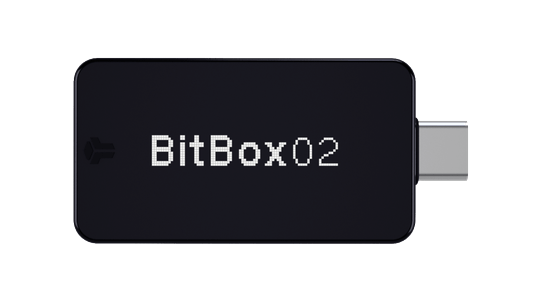 BitBox02
BitBox02
 Bitkey
Bitkey
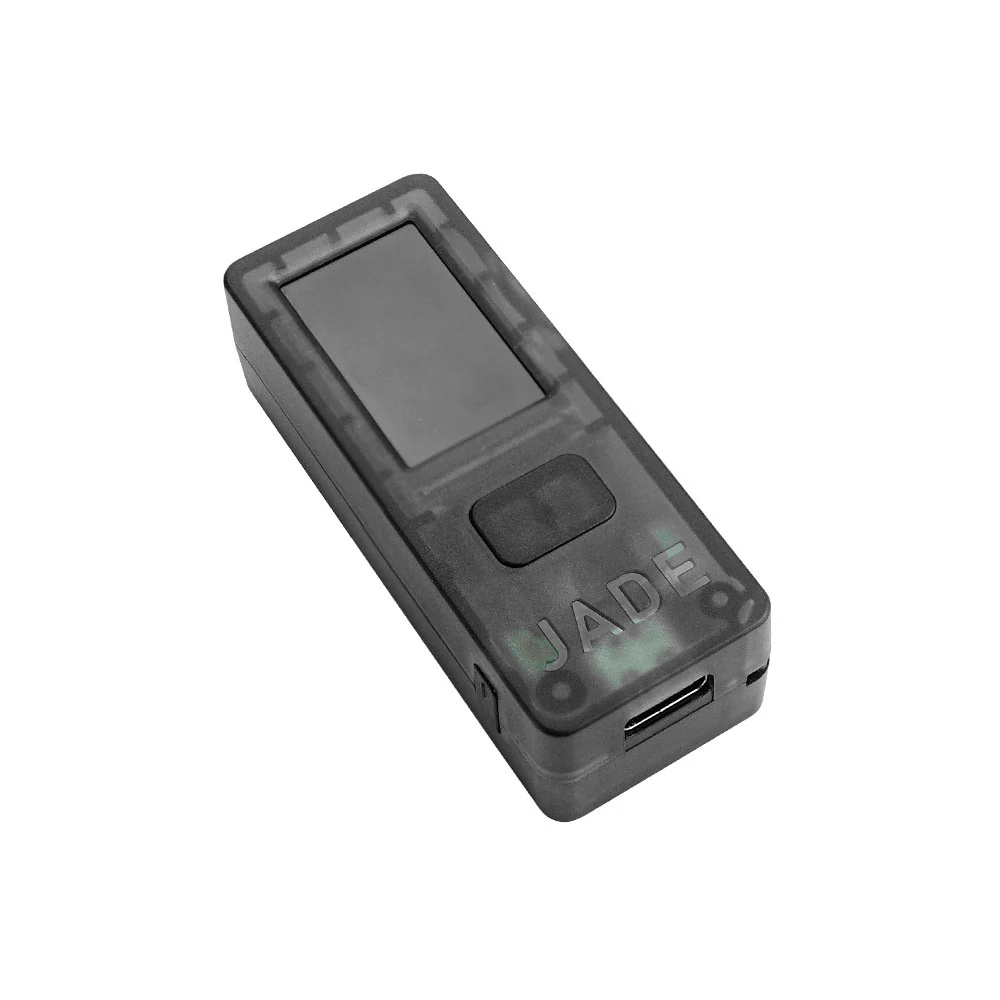 Blockstream Jade
Blockstream Jade
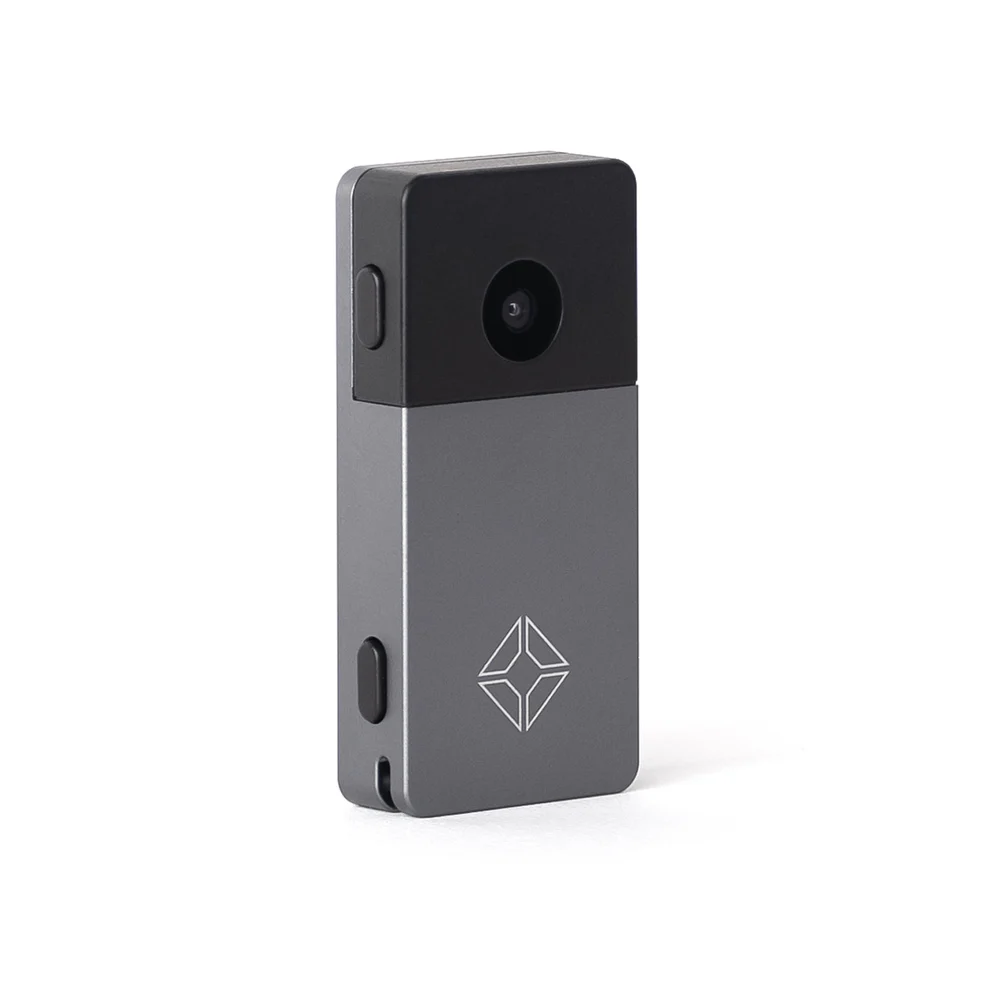 Blockstream Jade Plus
Blockstream Jade Plus
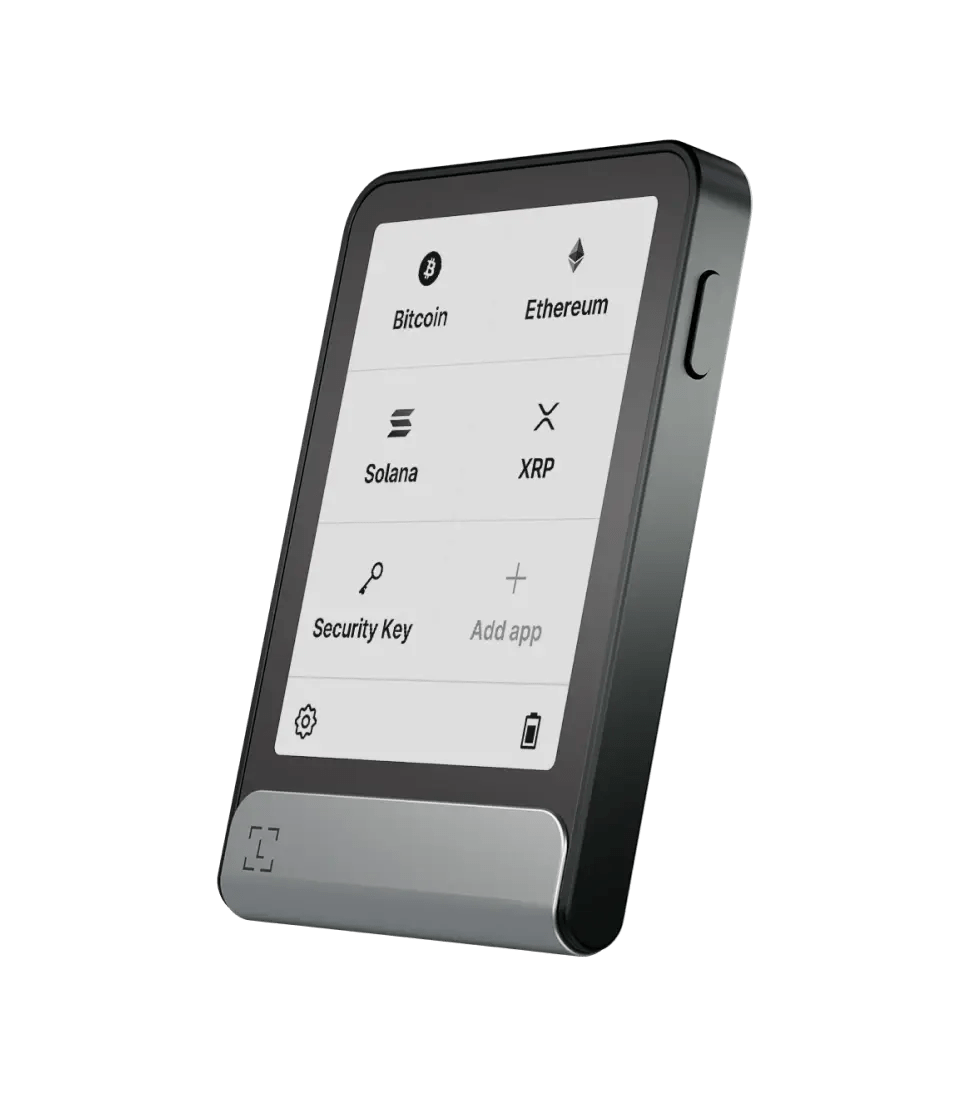 Ledger Flex
Ledger Flex
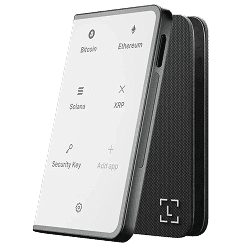 Ledger Stax
Ledger Stax
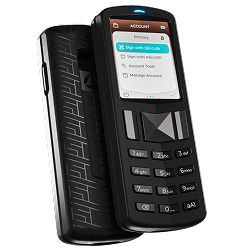 Passport Core
Passport Core
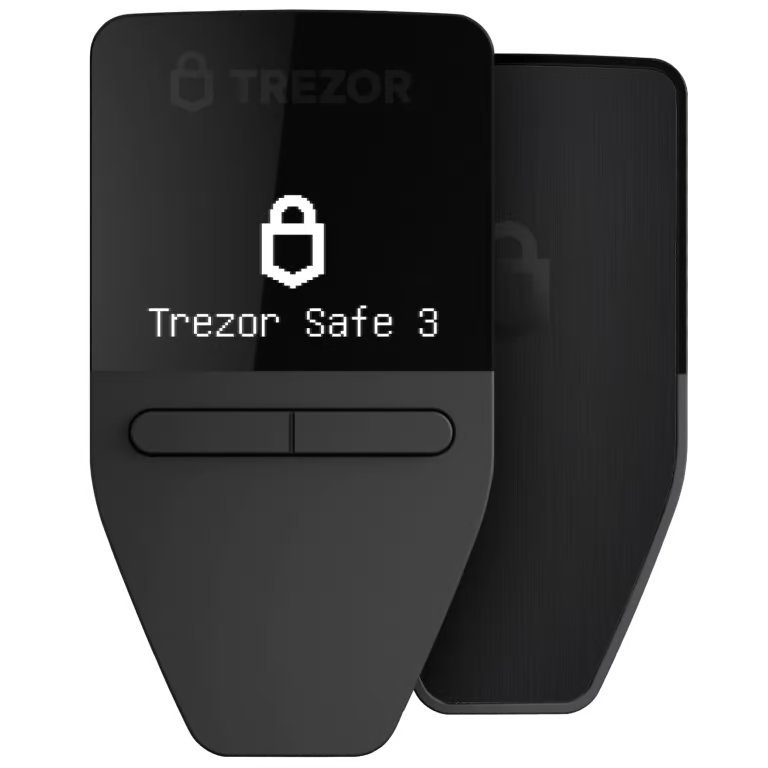 Trezor Safe 3
Trezor Safe 3
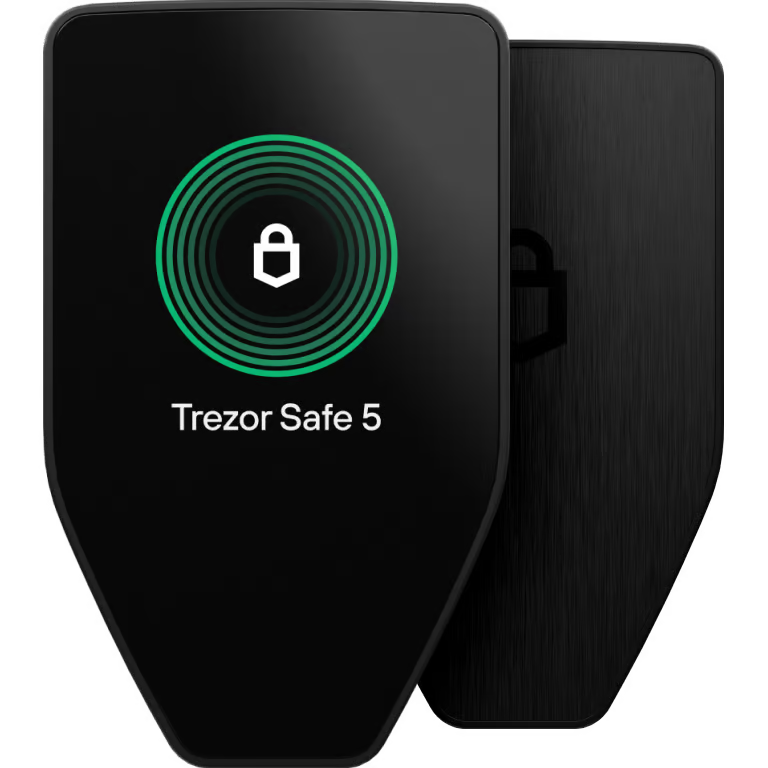 Trezor Safe 5
Trezor Safe 5
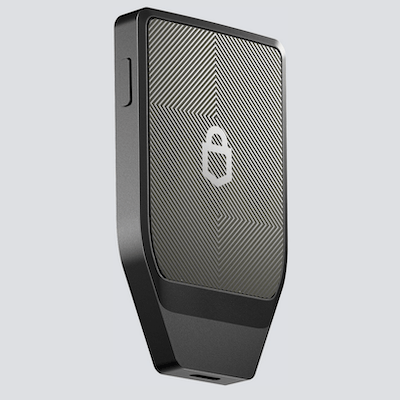 Trezor Safe 7
Trezor Safe 7
 Ledger Nano S Plus
Ledger Nano S Plus
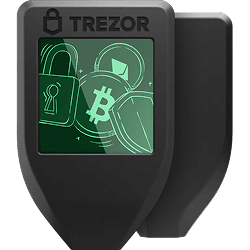 Trezor Model T
Trezor Model T